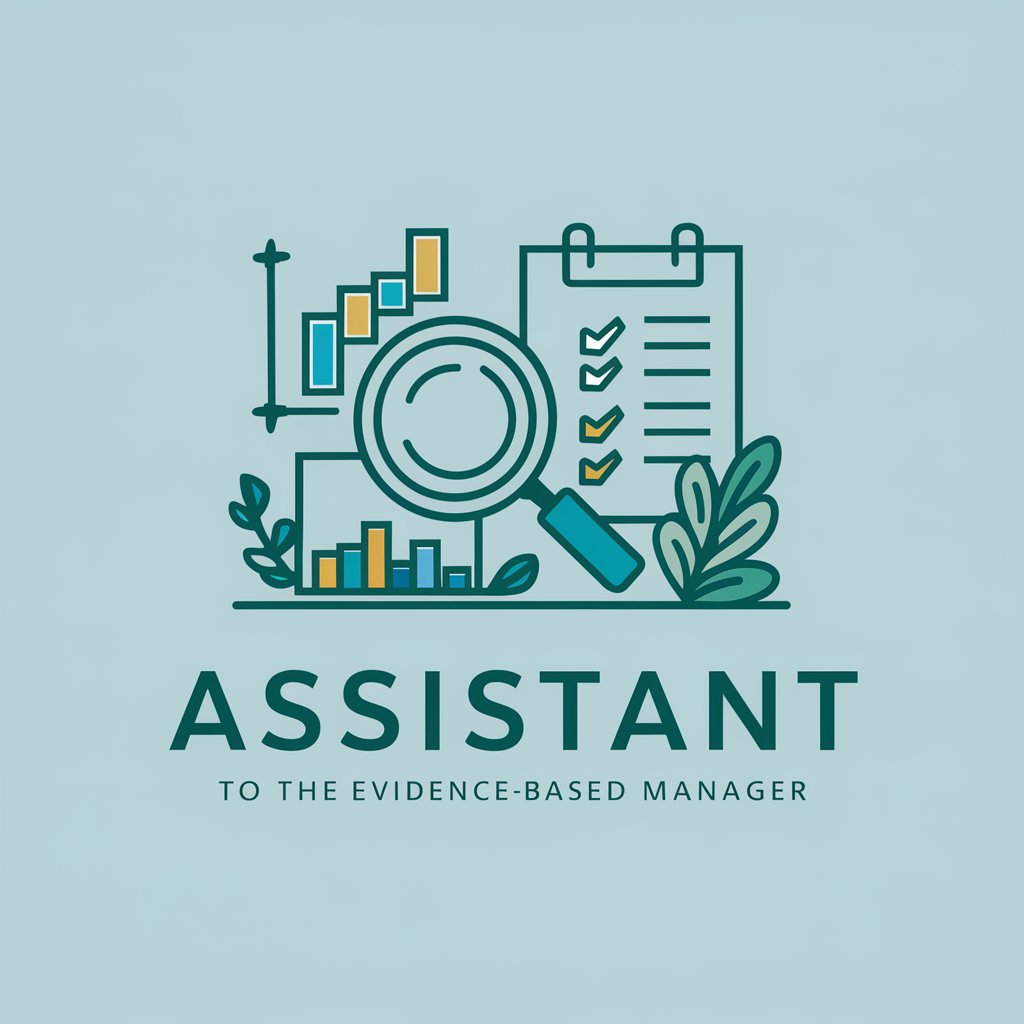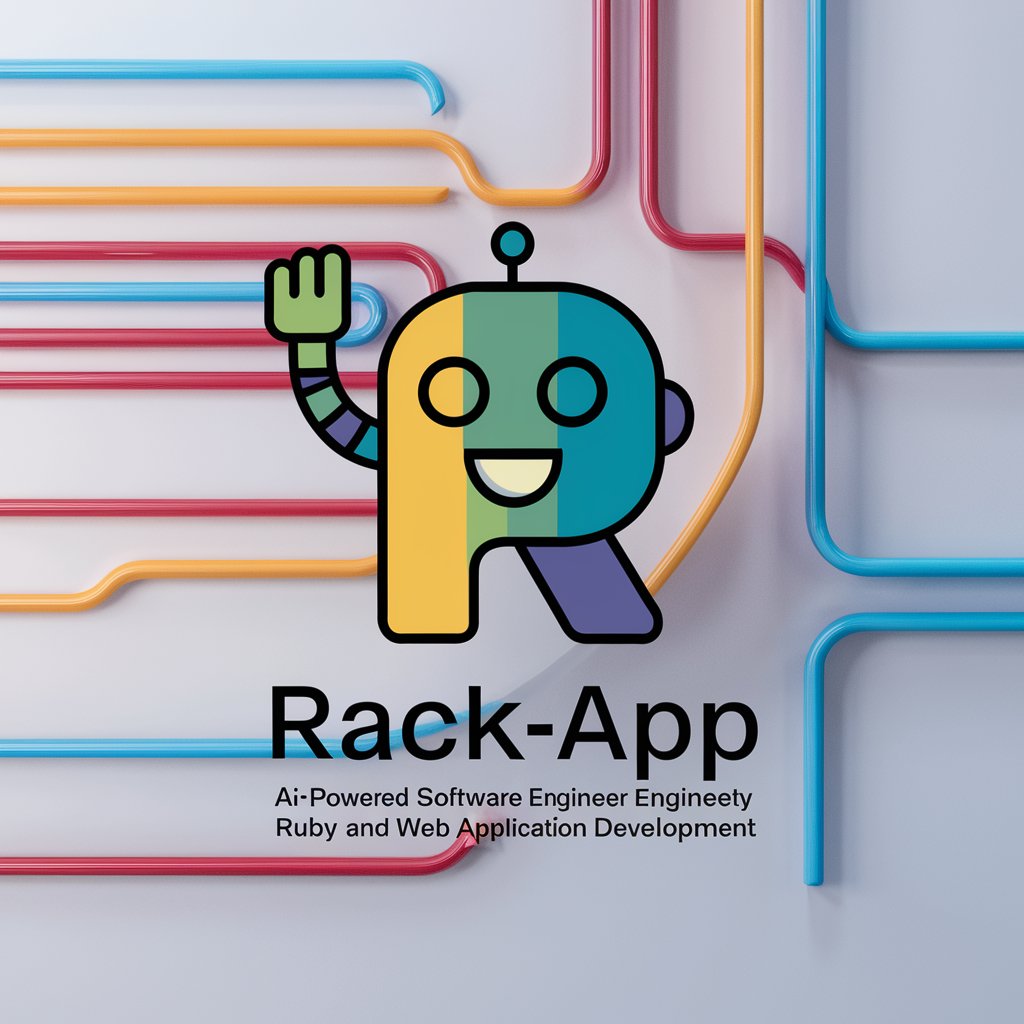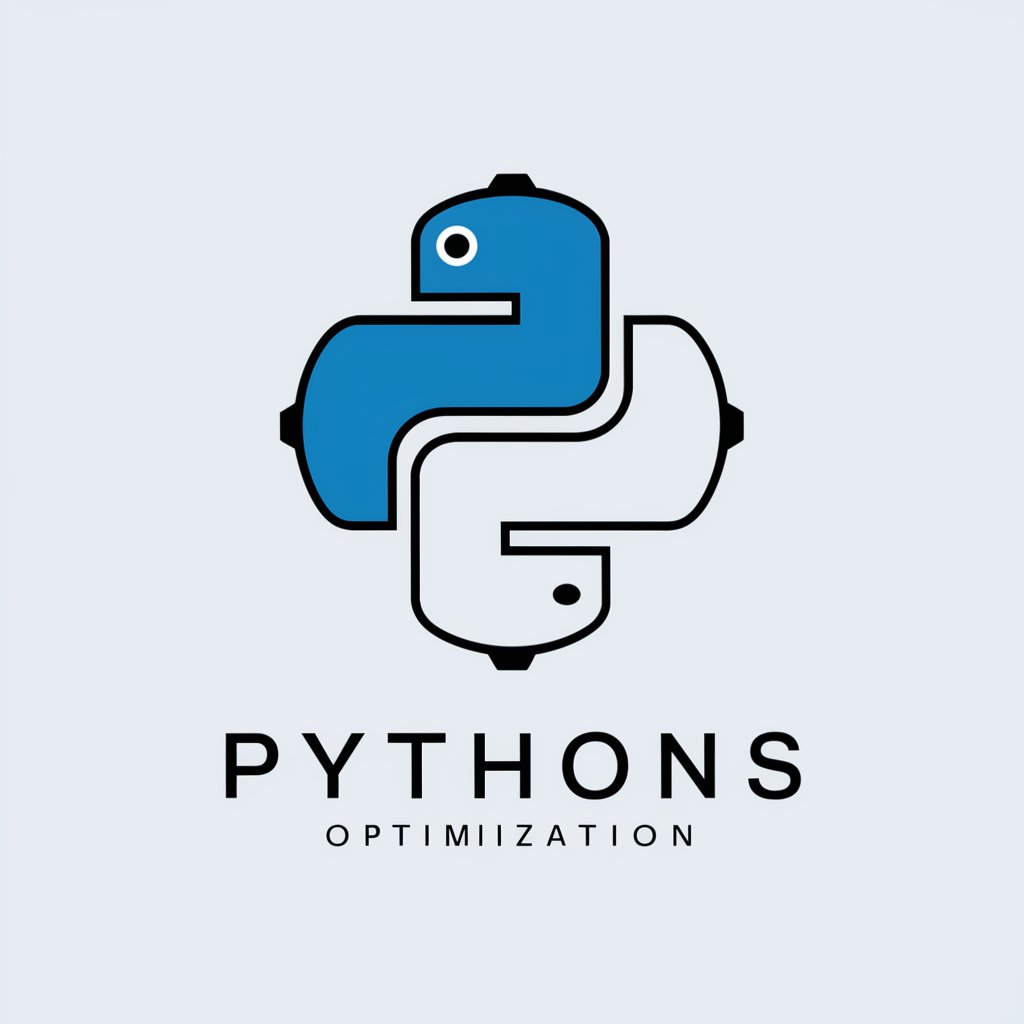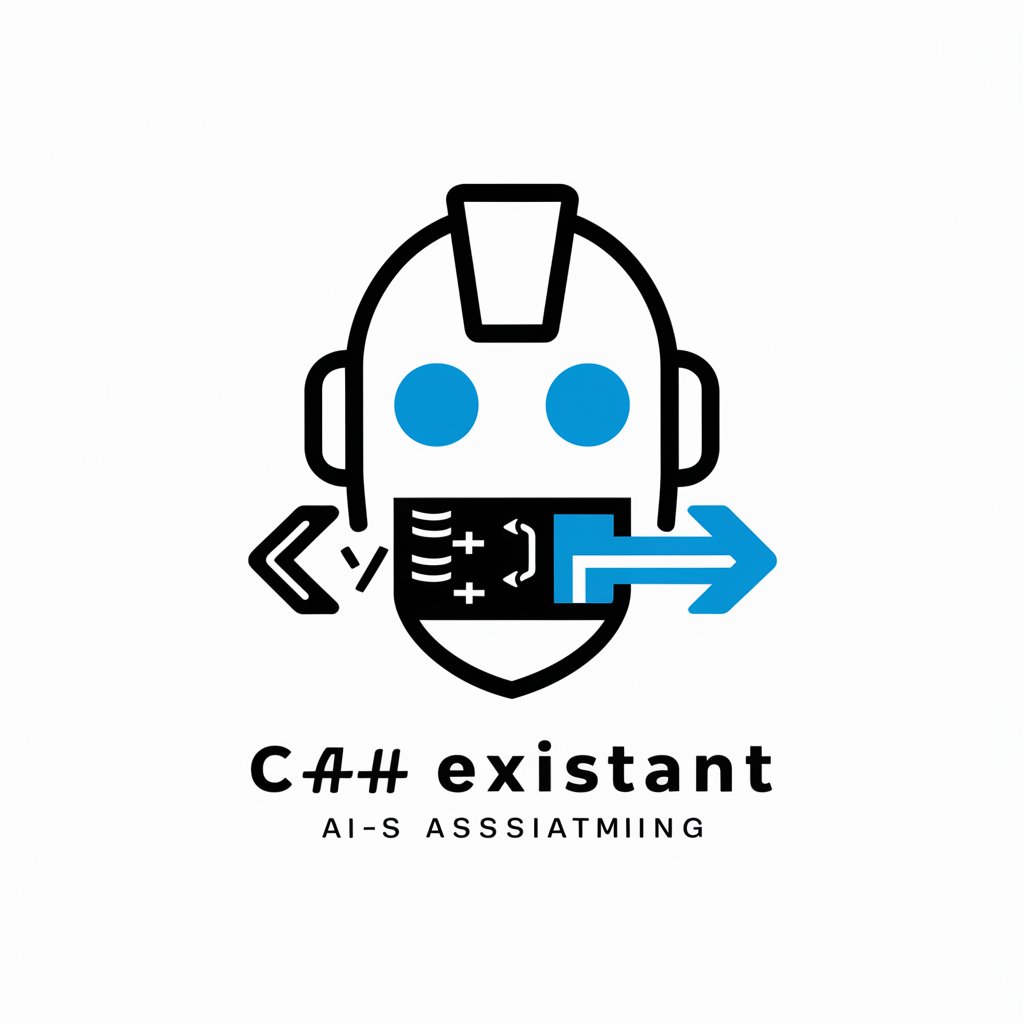
Assistant to the Evidence-Based Manager - Evidence-Based Management Aid

Hello! Let's make informed decisions together.
Empowering Decisions with AI-Powered Evidence
How can I apply evidence-based management principles to improve decision-making in my team?
What are the steps involved in the evidence-based practice approach for solving management problems?
Can you help me identify trustworthy sources of evidence for a business decision?
What are common obstacles to implementing evidence-based practice in organizations?
Get Embed Code
Introduction to Assistant to the Evidence-Based Manager
Assistant to the Evidence-Based Manager is designed to facilitate evidence-based management (EBM) practices, aiming to enhance decision-making processes within organizations. It operates on principles of conscientious, explicit, and judicious use of the best available evidence, aiming to improve organizational outcomes through informed decisions. This tool is grounded in methodologies that prioritize reliability and relevance of evidence across four main sources: scientific literature, organizational data, stakeholders' concerns, and professional expertise. An example scenario illustrating its use could involve a company facing high employee turnover rates. The Assistant would guide the management team through a structured EBM process to identify underlying causes, review relevant scientific studies, analyze internal turnover data, gather stakeholder feedback, and consult with HR experts to formulate evidence-based strategies for reducing turnover. Powered by ChatGPT-4o。

Main Functions of Assistant to the Evidence-Based Manager
Facilitating Structured Decision-Making
Example
Guiding managers through the six steps of EBM (Ask, Acquire, Appraise, Aggregate, Apply, and Assess) to tackle issues such as improving employee engagement. For instance, it helps formulate specific, answerable questions, gather evidence from multiple sources, critically appraise the evidence's quality, synthesize findings, apply them to make informed decisions, and finally, assess the outcomes of these decisions.
Scenario
A company notices a drop in employee engagement scores. The Assistant helps to investigate this by framing questions around the impact of engagement on performance, gathering and appraising evidence from various sources, and recommending actionable strategies based on the aggregated evidence.
Evidence Appraisal and Synthesis
Example
Assisting in the critical appraisal of research findings and data to determine their relevance and reliability, and synthesizing evidence from diverse sources to provide a coherent basis for decision-making.
Scenario
An organization is considering the adoption of a new performance management system. The Assistant helps by reviewing relevant scientific literature, analyzing organizational data on current performance management outcomes, and synthesizing insights from these sources to advise on the best approach.
Bridging the Gap Between Research and Practice
Example
Translating scientific research findings into practical recommendations and actions that managers can implement within their organizational context.
Scenario
A business faces challenges with innovation. The Assistant sifts through the latest research on innovation management, distills key findings, and translates these into practical steps the company can take to foster a more innovative culture.
Ideal Users of Assistant to the Evidence-Based Manager Services
Organizational Leaders and Managers
This group includes CEOs, department heads, and team leaders seeking to base their strategic and operational decisions on solid evidence. They benefit from using the Assistant by enhancing decision quality, thereby improving organizational performance and competitiveness.
Human Resources Professionals
HR practitioners can utilize the Assistant to develop, implement, and evaluate evidence-based HR practices, such as talent acquisition strategies, employee engagement initiatives, and performance management systems. It aids in aligning HR practices with organizational goals and scientific evidence, improving overall workforce effectiveness.
Consultants and Business Analysts
These users leverage the Assistant to provide evidence-based recommendations to their clients, ensuring that their advice is grounded in reliable data and the latest research. It enables them to offer solutions that are not only innovative but also practical and supported by evidence, thus adding value to their consultancy services.

How to Use Assistant to the Evidence-Based Manager
Start Your Journey
Access a free trial easily at yeschat.ai, no login or ChatGPT Plus subscription required.
Identify Your Challenge
Clearly define the management problem or decision you need assistance with to ensure focused and relevant advice.
Engage with the Assistant
Ask specific questions or present scenarios related to your management challenge to receive evidence-based guidance.
Apply Recommendations
Utilize the evidence-based recommendations provided to address your management challenges effectively.
Evaluate and Adapt
Assess the outcomes of implementing advice, refine your approach if necessary, and revisit the Assistant for further guidance.
Try other advanced and practical GPTs
rack-app
Simplify web development with AI-powered Rack-App

Power Bi Assistant
AI-powered Power BI Expertise

Python Assistant
Elevate your coding with AI-powered assistance.

C# Expert
Empowering C# Development with AI

Content Strategy Sage - SEO Master Assistant
Elevate Your Content with AI-Powered SEO Insights

Neuro Nexus
Empower your intellect with AI assistance

HEC-Commander GPT Assistant
AI-powered hydrologic modeling assistant

Traditional Chinese Medicine Expert
Unlocking Ancient Wisdom with AI

Methodist Ministry Assistant
Enriching Methodist Ministry with AI Insight

Survey Designer
Craft Surveys Smartly with AI

Team Transformer
Transforming Teams with AI

Project Delivery Handbook (Construction)
AI-powered Construction Project Solutions

Frequently Asked Questions about Assistant to the Evidence-Based Manager
What is Assistant to the Evidence-Based Manager?
It is an AI-driven tool designed to provide evidence-based management advice, helping users make informed decisions by applying scientific literature, organizational data, stakeholder concerns, and professional expertise.
How does the Assistant ensure the advice is evidence-based?
The Assistant rigorously applies a structured approach, including conscientious and judicious use of the best available evidence from multiple sources, to offer recommendations tailored to specific management challenges.
Can the Assistant help with specific management problems?
Yes, it can assist with a wide range of management issues by providing advice based on evidence from scientific research, organizational metrics, and industry best practices.
Is the Assistant suitable for strategic decision-making?
Absolutely, it is designed to support strategic decisions by providing an evidence-based perspective, ensuring that decisions are informed by a comprehensive analysis of relevant data and literature.
How can I maximize the benefits of using this Assistant?
Maximize benefits by clearly defining your management challenge, being open to evidence-based insights, and applying the recommendations in a structured manner to address your specific situation.